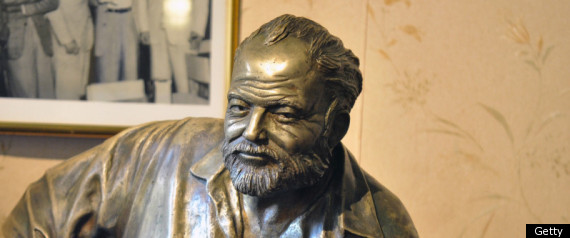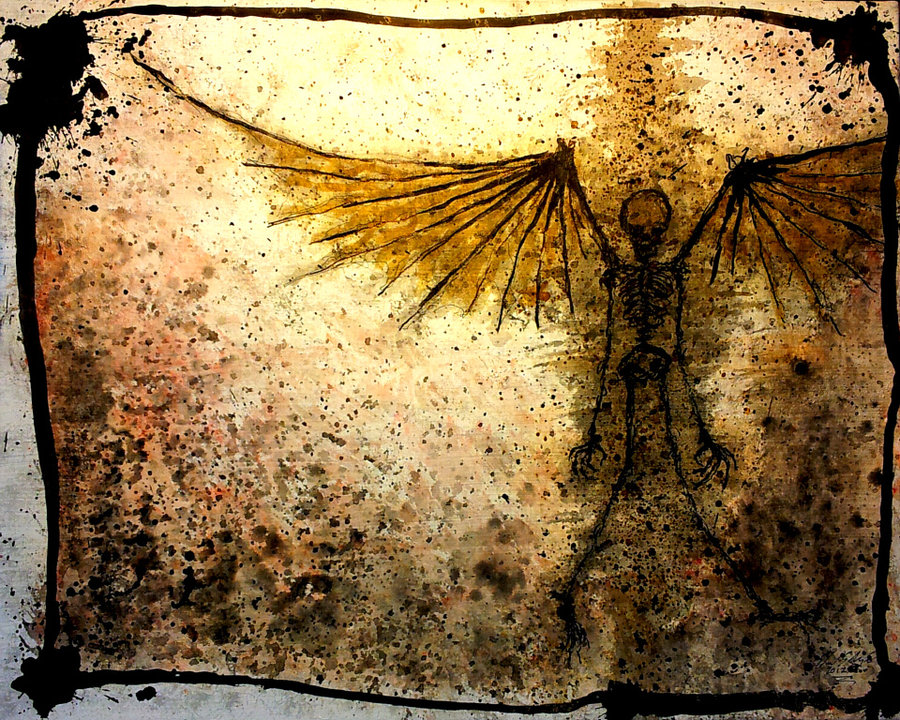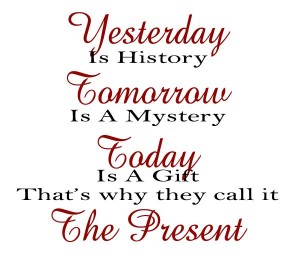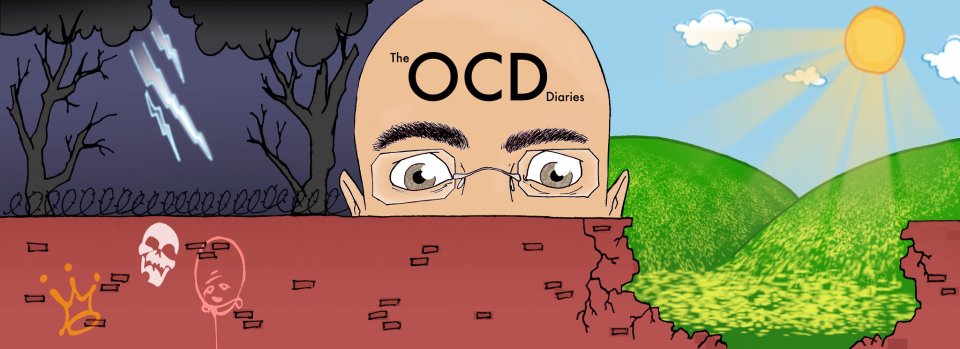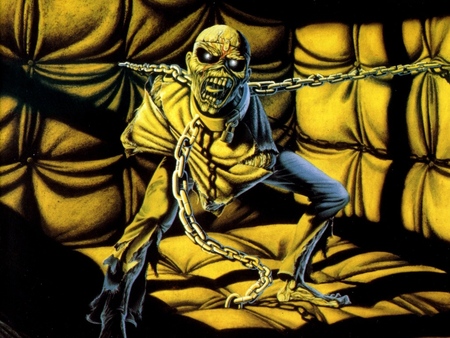Erin recently noted that things tend to get ridiculously busy in January, during a period of winter when our bodies scream at us to slow down. On the work side we both have several big projects coming due. At school and in the Scouts, the kids’ schedules are crammed with one activity after the next.
Mood music:
[spotify:track:4n89Z82pA4kJYmctUeyCbt]
In winter, we’re not all that different from animals that hibernate. It’s hard to get out of bed when it’s frigid and dark outside. Because we humans must get up and get moving anyway, it causes us to get easily depressed, which leads to eating too much or too little. We tend to be more forgetful and we snap at each other more easily.
When you’re already given to depression, mental disorders like OCD and ADHD, and unbalanced eating, all that you suffer from gets amplified. Instead of mild depression, there’s deep depression. Things that aren’t really a big deal become huge calamities. Our responses to normal everyday pressures become exaggerated. Spouses tend to argue more. Kids tend to have more outbursts.
A friend who teaches kindergarten noted one day last week that three kids were put in timeouts and two others got sick, all at once. I chuckled, because I remember the same stuff happening when Sean and Duncan were kindergartners. Kids are simply brutal in the dead of winter. Why? Because the academics and special activities ramp up when their little brains are least able to take it.
We seem to experience similar behavior in the summer, but the difference is that activities slow down that time of year. Spring and fall are when we’re most productive and agreeable.
I don’t have any solutions to the problem. I don’t even know if what I and others have observed has any scientific research to back it up. But I do have a suggestion.
If those you work with and live with seem like jerks lately and you want to bite their heads off, take a breath and note that you’re just as bad. Then engage in small acts of kindness. Hold the doors open for people. Remember to say good morning. Smile even if you don’t feel like it.
When we do these things any time of year, we become better people. In winter, it may well be the key to our survival.


